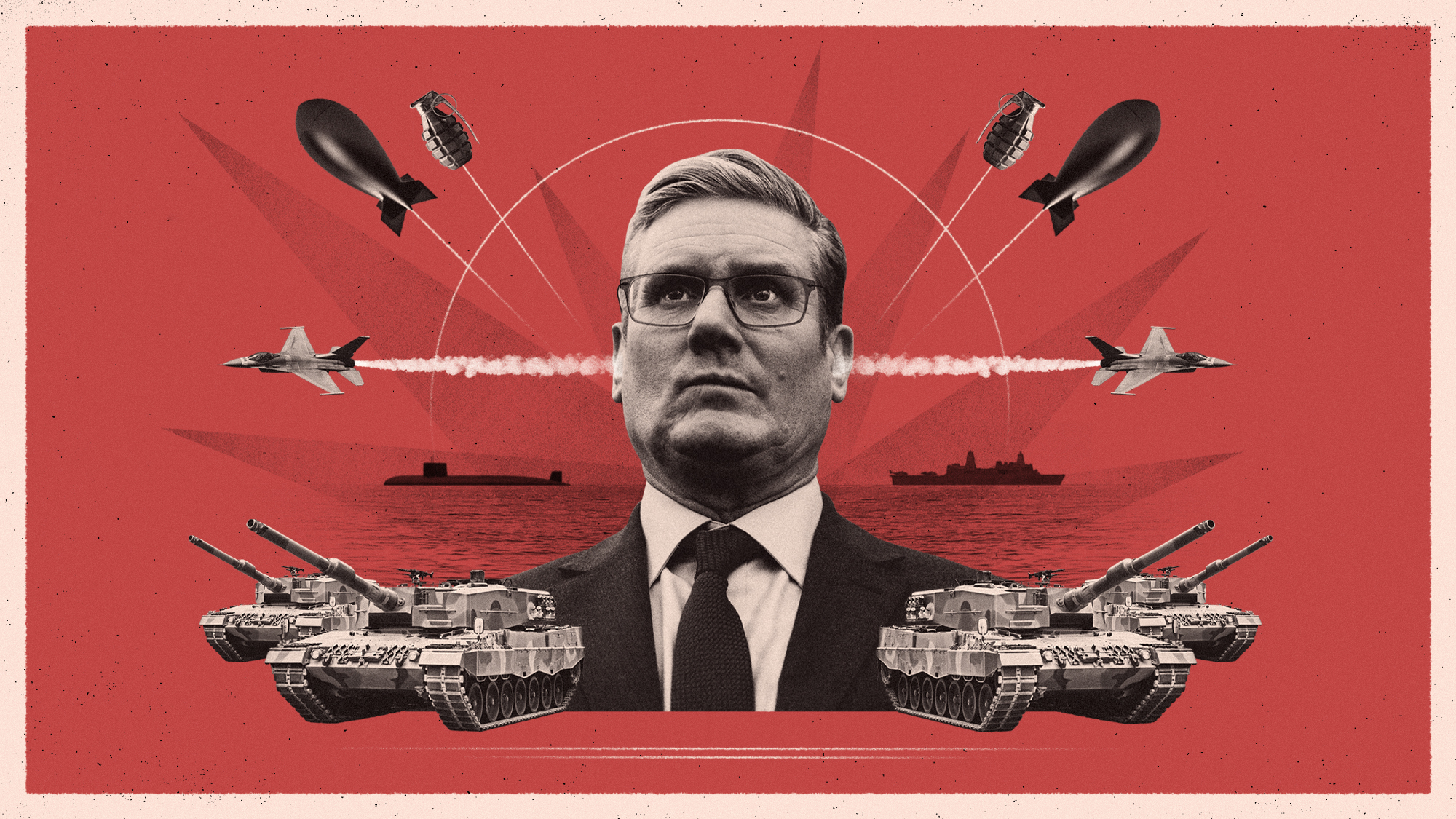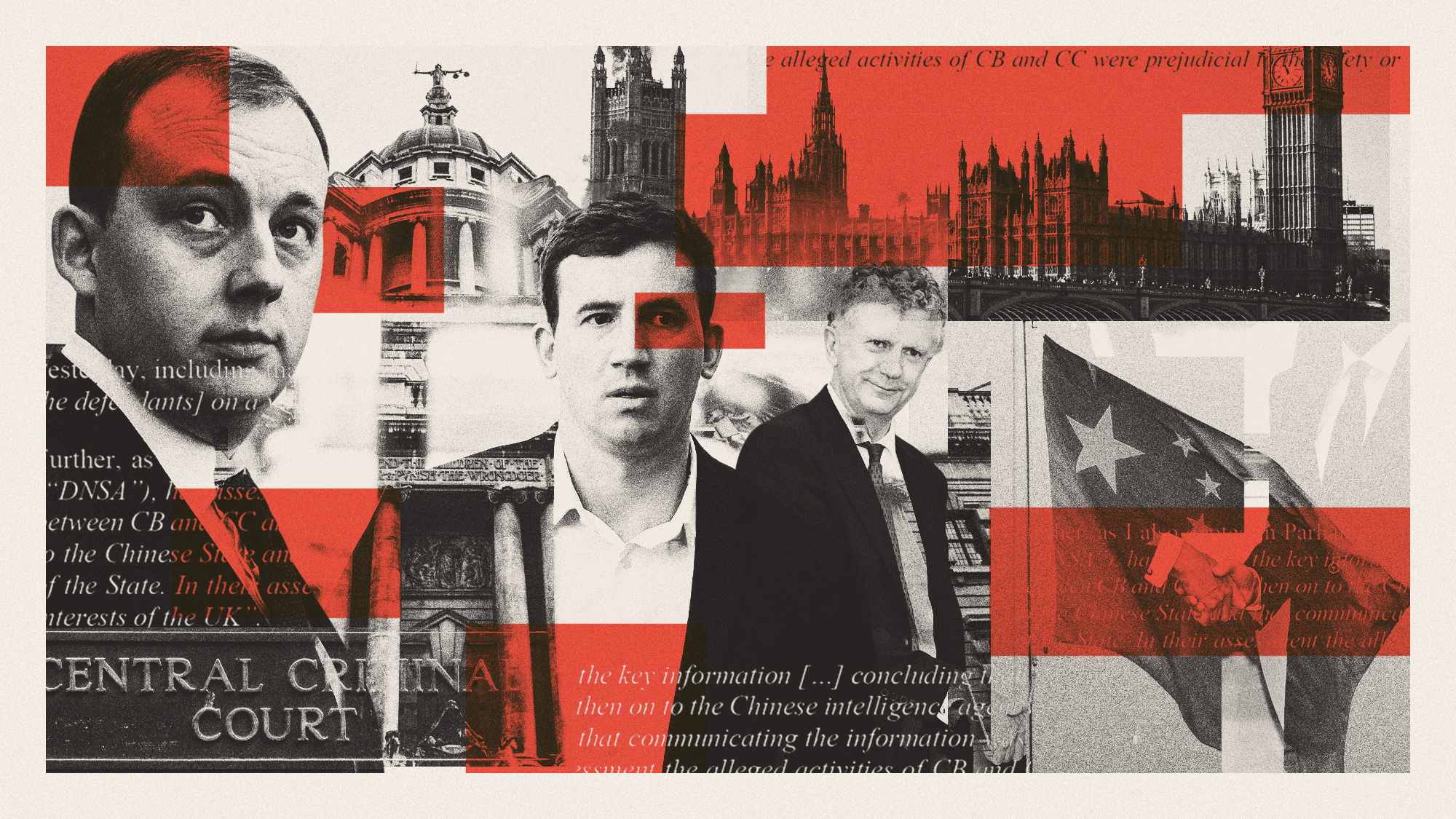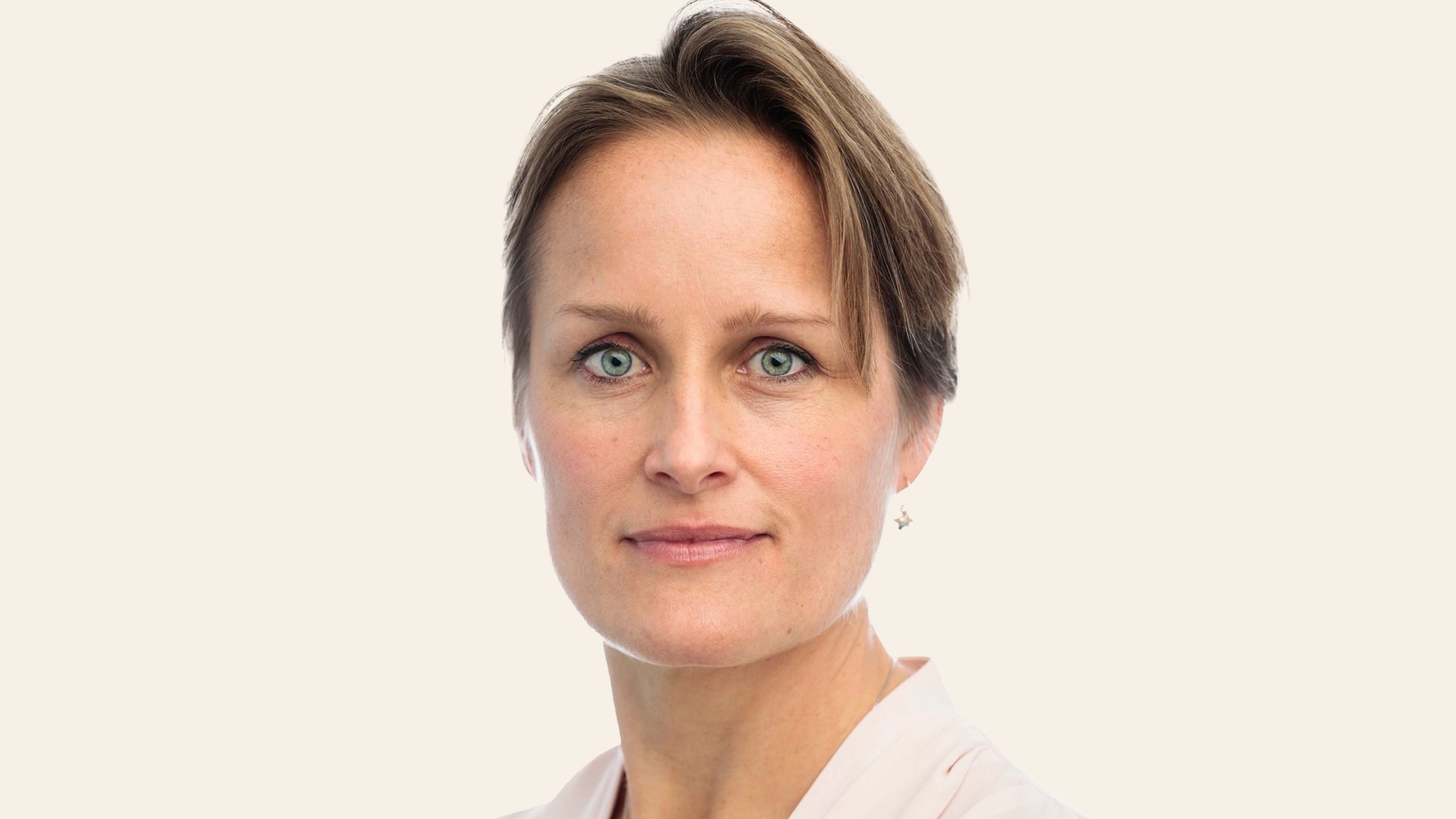Is higher spending a magic bullet for UK defence?
Labour has vowed to up defence spending to 2.5% of GDP and increase nuclear deterrent

A free daily email with the biggest news stories of the day – and the best features from TheWeek.com
You are now subscribed
Your newsletter sign-up was successful
Labour would boost defence spending and the UK's nuclear deterrent programme, Keir Starmer has said amid mounting warnings about Britain's "eroded" Armed Forces.
Defence is "the number one issue for any government" facing "rising global threats and growing Russian aggression", the party leader told i news. He vowed to match the Conservatives' pledge to increase defence spending to 2.5% of GDP, up from just under 2.3%, "as soon as resources allow that to happen".
Starmer also pledged to build at least four new nuclear submarines, in what the news site's political editor Hugo Gye called a "deliberate contrast" to Labour's former leader Jeremy Corbyn, an opponent of the Trident nuclear programme.
The Week
Escape your echo chamber. Get the facts behind the news, plus analysis from multiple perspectives.

Sign up for The Week's Free Newsletters
From our morning news briefing to a weekly Good News Newsletter, get the best of The Week delivered directly to your inbox.
From our morning news briefing to a weekly Good News Newsletter, get the best of The Week delivered directly to your inbox.
What did the commentators say?
A total of 18 of Nato's 31 members have pledged to up their defence spending to 2% of their GDP, amid fears of a Russian attack and concern over comments by Donald Trump that, as president, he would encourage Russia to do "whatever the hell they want" to allies who didn't meet the threshold.
But while the alliance is set to get a "record amount" of money, said CNN's Luke McGee, Nato officials admit privately that "this is only a starting point that needs to be built on considerably" following decades of underspending. An unnamed senior diplomat told the site that the 2% commitment "has to be a floor, not a ceiling".
Former Armed Forces minister James Heappey has called for Britain to increase its defence spending to 3% of GDP by 2030. As part of war preparations, the country should also reinvigorate a large "strategic reserve" force of thousands of veterans, he told Sky News.
But even 3% may not be enough following a decade of austerity that has "hollowed out" Britain's Armed Forces, said Paul Mason in City A.M. The Ministry of Defence is £17 billion short of the money needed to pay for its 10-year equipment plan, and long-promised military commitments – such as a warfighting division to deter Vladimir Putin from attacking our allies in the Baltic States – have "simply evaporated".
A free daily email with the biggest news stories of the day – and the best features from TheWeek.com
Compared with its big European counterparts, Britain is "particularly ill-equipped" to face the threat of Russia attacking a Nato member, said Chris Cook in the Financial Times. The UK already spends more, "but not well – and not enough to match what it wants". The Army, Navy and Air Forces are "deeply eroded", with staffing and stockpile shortages.
Given this dire situation, said Mason, the 2.5% spend pledged by both Labour and the Tories "would just be like throwing water onto a dry sponge".
What next?
Starmer's decision to match the Tory spending pledge will increase pressure on Rishi Sunak and Jeremy Hunt to "go further", said i news's Gye.
But a Labour government might find that equally difficult, said Cook in the FT. After inheriting a "lousy fiscal position, combined with 14 years of skin-and-bone public services that need a lot of patching up", Starmer "will find there are expensive problems everywhere".
Harriet Marsden is a senior staff writer and podcast panellist for The Week, covering world news and writing the weekly Global Digest newsletter. Before joining the site in 2023, she was a freelance journalist for seven years, working for The Guardian, The Times and The Independent among others, and regularly appearing on radio shows. In 2021, she was awarded the “journalist-at-large” fellowship by the Local Trust charity, and spent a year travelling independently to some of England’s most deprived areas to write about community activism. She has a master’s in international journalism from City University, and has also worked in Bolivia, Colombia and Spain.
-
 5 cinematic cartoons about Bezos betting big on 'Melania'
5 cinematic cartoons about Bezos betting big on 'Melania'Cartoons Artists take on a girlboss, a fetching newspaper, and more
-
 The fall of the generals: China’s military purge
The fall of the generals: China’s military purgeIn the Spotlight Xi Jinping’s extraordinary removal of senior general proves that no-one is safe from anti-corruption drive that has investigated millions
-
 Why the Gorton and Denton by-election is a ‘Frankenstein’s monster’
Why the Gorton and Denton by-election is a ‘Frankenstein’s monster’Talking Point Reform and the Greens have the Labour seat in their sights, but the constituency’s complex demographics make messaging tricky
-
 What would a UK deployment to Ukraine look like?
What would a UK deployment to Ukraine look like?Today's Big Question Security agreement commits British and French forces in event of ceasefire
-
 Would Europe defend Greenland from US aggression?
Would Europe defend Greenland from US aggression?Today’s Big Question ‘Mildness’ of EU pushback against Trump provocation ‘illustrates the bind Europe finds itself in’
-
 Taiwan eyes Iron Dome-like defence against China
Taiwan eyes Iron Dome-like defence against ChinaUnder the Radar President announces historic increase in defence spending as Chinese aggression towards autonomous island escalates
-
 Is conscription the answer to Europe’s security woes?
Is conscription the answer to Europe’s security woes?Today's Big Question How best to boost troop numbers to deal with Russian threat is ‘prompting fierce and soul-searching debates’
-
 Why did the China spying case collapse?
Why did the China spying case collapse?Today’s Big Question Unwillingness to call China an ‘enemy’ apparently scuppered espionage trial
-
 Blaise Metreweli: the first female head of MI6
Blaise Metreweli: the first female head of MI6In the Spotlight The intelligence service's current technology boss – known as 'Q' – has been revealed as the new chief, or 'C'
-
 Will the UK get involved in the Israel-Iran conflict?
Will the UK get involved in the Israel-Iran conflict?Today's Big Question Keir Starmer is 'walking a tightrope' in helping Israel limit Tehran's nuclear capabilities without being seen to do so
-
 Are the UK and Russia already at war?
Are the UK and Russia already at war?Today's Big Question Moscow has long been on a 'menacing' war footing with London, says leading UK defence adviser